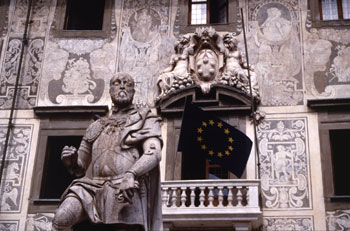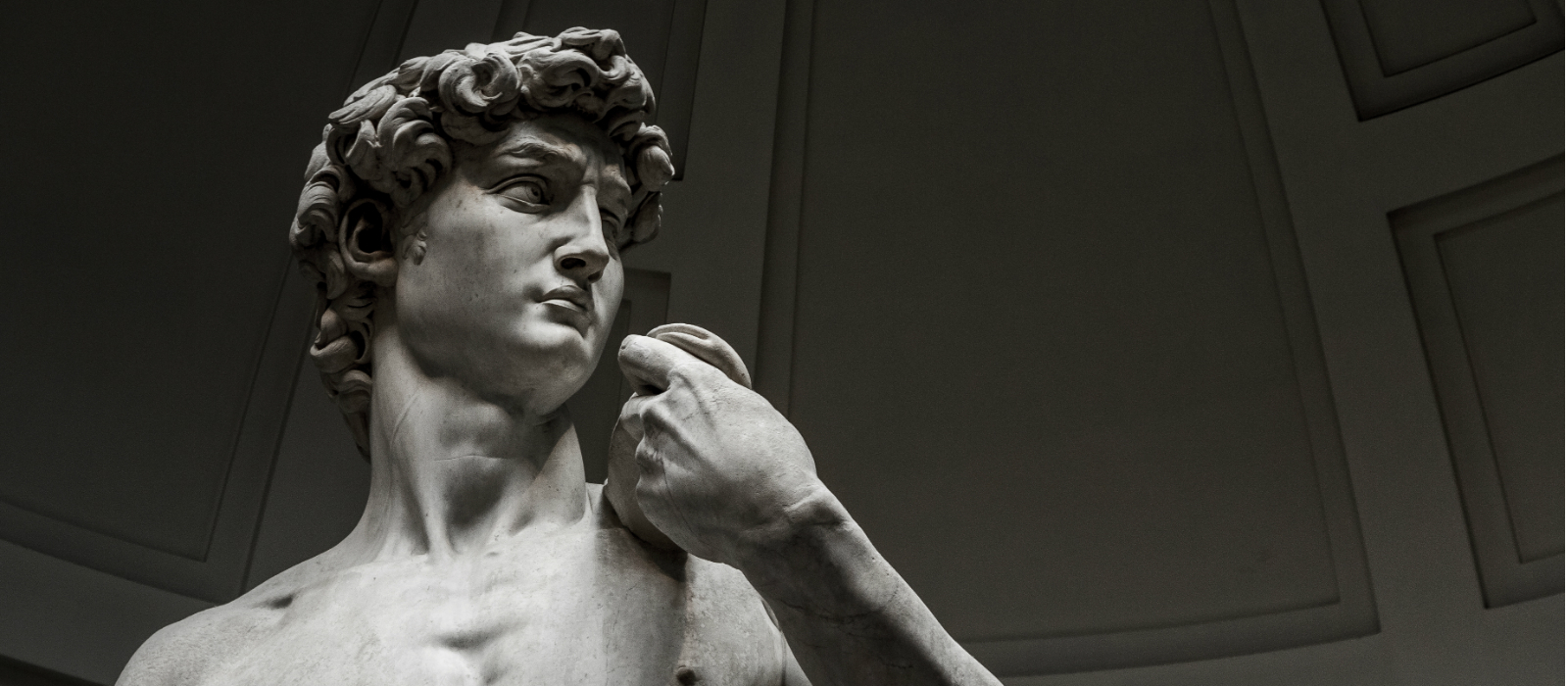
Source: European Community, 1999
Shakespeare, da Vinci, Mozart… How many artists from the member states of the EU can you name? European culture refers to not only literature, music, and painting, but also architecture, sport (such as soccer), cuisine (like croissants), and fashion. It also includes the many scientific trends, philosophies, and religions that have had such an enormous influence on the history and society of both Europe and the rest of the world. Being composed of so many different nations, Europe has a rich and varied culture that has developed over thousands of years.
Since 1985, therefore, the European Union has chosen at least one “European Capital of Culture” every year in order to showcase that city’s cultural life and development. This year’s Capitals of Culture are Leeuwarden-Fryslân, the Netherlands, and Valletta, Malta.
This section provides information about travelling to the EU and about five of the EU’s 25 official languages.
| Topics | Curriculum |
| Topic 1: Travel to the EU |
CGG30 Travel and Tourism: A Regional Geographic Perspective |
| Topic 2: Languages of the EU |
Language Courses – All Levels (French, German, Italian, Polish, and Spanish) |
